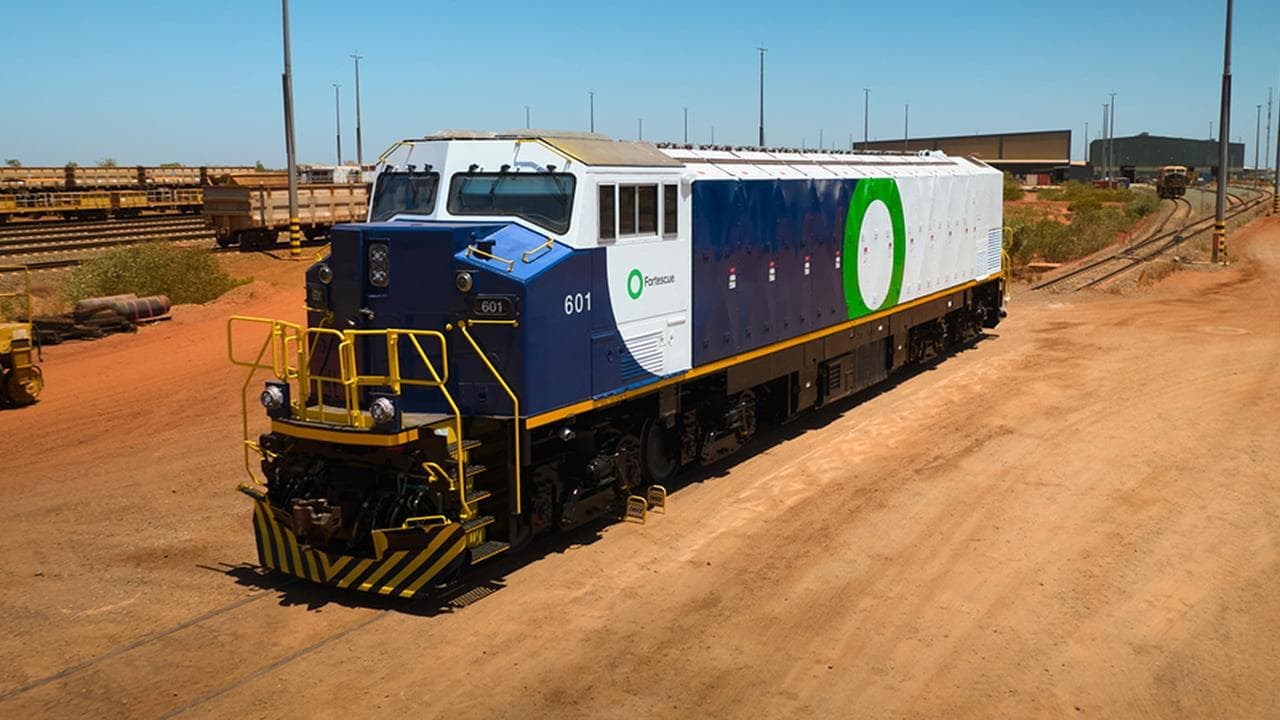AAP FactCheck Investigation: Do more people in Australia work for McDonald's than in coal mining?
The Statement
"Try saying on radio that coal mining employs less than one per cent of the population, or that McDonald's employs more people."
Richard Denniss, The Australian Institute chief economist, December 23, 2020.
The Analysis
An Australian economist claims that coal mining employs less than one per cent of the population - and fewer people than McDonald's.
The industry has been in the headlines as a number of countries set targets to become carbon neutral by 2050, and pressure mounts on Australia to follow suit (see examples here, here and here).
However, some have argued that the coal industry is not a significant employer and jobs in the fossil fuel industry shouldn't be prioritised over stronger action on climate change.
In December, progressive think tank The Australia Institute published a report which argued fossil fuel industries were not major employers, and their importance had been declining (page 7).
Australia Institute chief economist and former executive director Richard Denniss reiterated this point in a column in The Guardian on December 23, arguing the importance of the coal industry had been overstated.
"While it's impolite to mention ABS data when talking about the fossil fuel industry, the heresy isn't in quoting the facts, but providing the context," Mr Denniss wrote. "Try saying on radio that coal mining employs less than one per cent of the population or that McDonald's employs more people."
AAP FactCheck examined Mr Denniss's statement that coal mining employs fewer people than McDonald's in Australia and less than one per cent of the population.
Labour Account figures from the Australian Bureau of Statistics (ABS) for the year to June 2020 show there were 37,800 people employed in coal mining, down from a peak of 47,400 in 2014. The ABS says this data set is its best source of information on employment by industry.
There were 25,687,041 people living in Australia in June 2020, meaning coal mining employed around 0.15 per cent of the population or 0.27 per cent of the country's 14,081,600-strong labour force.
A spokesperson for McDonald's told AAP FactCheck the company had "over 110,000" employees across the country as of January 2021.
This is nearly three times the number of employees in the coal mining industry. However, the headline numbers are not directly comparable.
Labour Account data shows coal mining employees worked an average of 37.6 hours a week in the year to June 2020, putting the total weekly hours worked in the industry at more than 1.42 million based on the total employment figure.
The McDonald's spokesperson said 96 per cent of the company's employees in Australia were casual or part-time working an average of around eight hours per week. The remaining four per cent were full-time, working 38 hours per week.
Based on these figures and a workforce of 110,000, McDonald's staff work just over one million hours per week - or nearly 30 per cent fewer than those employed in the coal mining industry.
University of Melbourne economics professor Jeff Borland, an expert on the Australian labour market, said it was important to compare the average number of hours worked per employee to get a like-for-like for comparison between industries.
"My guess is that average hours worked per week of coal miners are going to be much larger than for McDonalds workers," Prof Borland said.
"So, if you were to do a comparison based on total hours of work in coal mining versus by McDonalds employees, then the comparison is going to look different."
It should also be noted that average pay in the coal mining industry was also significantly higher than among rank-and-file McDonald's staff. ABS figures for 2020 put the average annual income for those working in coal mining at $183,722, with an average hourly income of $94.
In contrast, under the Fast Food Industry Award, McDonald's part- or full-time workers aged 21 and over are paid a minimum of $21.41 per hour, with rates rising to $23.33 for those in charge of other staff before penalties or overtime.
McDonald's did not provide figures for the average pay for its employees, however Labour Account data for the food and beverage services sectors put the average hourly income for workers at $32.10 in 2020.

The Verdict
AAP FactCheck found the statement that more people work for McDonald's than in the coal mining industry to be misleading as it lacks important context.
While the fast food giant employs around three times as many people as coal mining, its employees worked significantly fewer hours in total as the vast majority are casual or part-time, making the comparison flawed. Pay rates in the coal mining sector are also far higher.
Misleading – The claim is accurate in parts, but information has also been presented incorrectly, out of context or omitted.
* Editor's note: AAP FactCheck has expanded its ability to fact-check environmental issues with the support of the Australian Conservation Foundation. AAP FactCheck retains full editorial independence in this project and continues to apply the rigorous standards required for accredited members of the International Fact-Checking Network.












